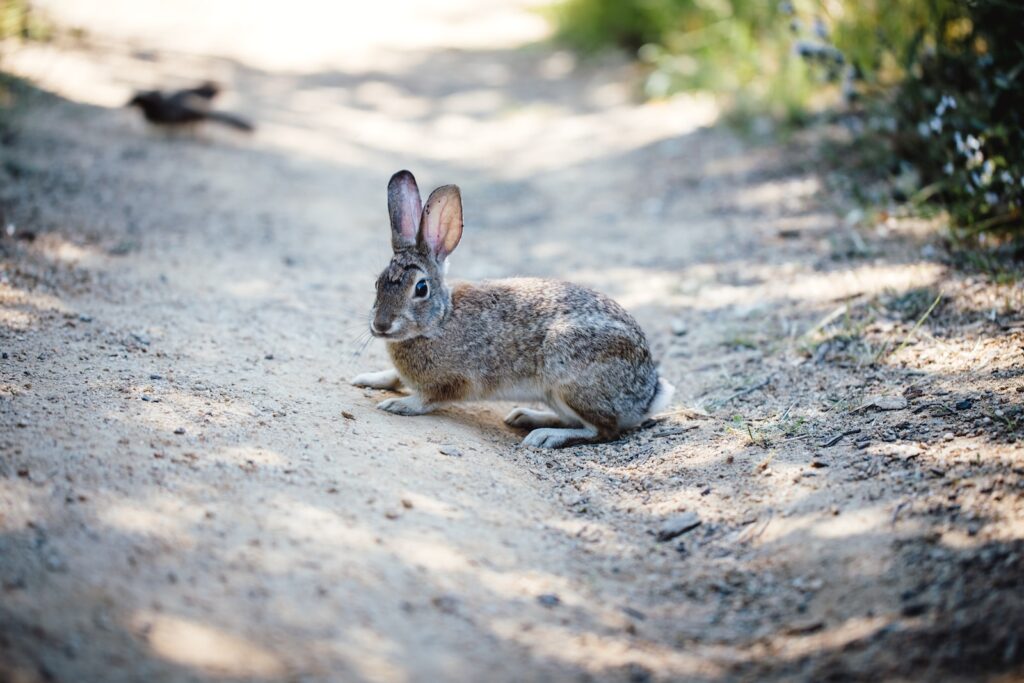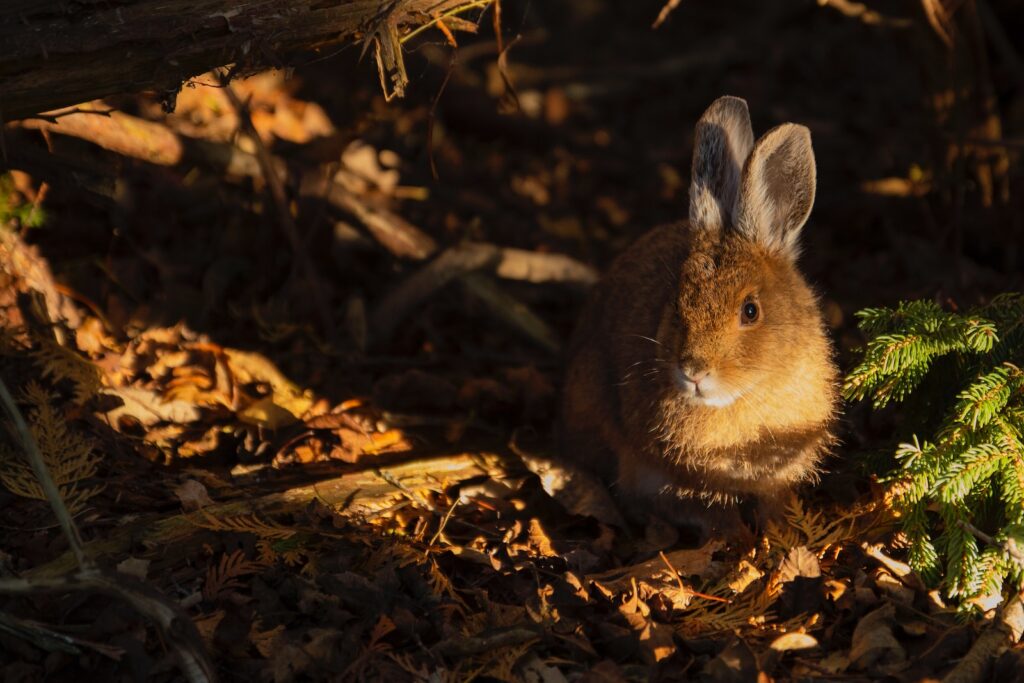Understanding the Risks: Can Rabbits Have Tangerines?
It’s tempting to share our favorite snacks with our furry friends, but not all human foods are safe for them. Tangerines, for example, might sound like a healthy treat for rabbits, but they’re not recommended. We love to see our pets happy, but it’s important to understand what’s best for their health, even if that means skipping on sharing some of our tasty treats. In this blog, we’ll explore whether rabbits should snack on tangerines and what to watch out for if they do.
Why Tangerines Aren’t the Best Choice for Bunnies
Rabbits have sensitive digestive systems that are finely tuned to process a specific diet mainly consisting of hay, fresh veggies, and a small number of pellets. Tangerines are acidic and have high sugar content which can lead to health issues for rabbits. Their stomachs aren’t equipped to handle this kind of fruit, and it can cause upset, or worse, if they eat too much. It’s essential to know the details of why certain foods can be harmful so we can keep our bunnies hopping happily and healthily.
Spotting the Signs: Reactions Rabbits Might Show
If a rabbit does eat a tangerine, there might be some noticeable signs. They could show discomfort or act differently than normal. You might see less excitement, changes in their poop, or they could have a tummy ache. It’s like how we might feel after eating too much candy – not very good, right? Remember, every rabbit is unique, so they might not all react the same way, but it’s always better to play it safe and keep tangerines out of their reach.
Healthy Snacks for Hoppy Rabbits
Fortunately, there are loads of other yummy foods that bunnies can munch on safely. Think about fresh leafy greens like romaine lettuce, herbs like parsley, and occasional treats like carrots. These foods are much better suited to what rabbits need to stay healthy. Plus, they’ll love the variety these snacks bring to their diet, and you’ll love watching them enjoy their bunny-safe treats!
Keeping Tangerines Away: Tips for Rabbit Safety
As responsible pet owners, we must make sure our rabbits can’t sneak foods that aren’t good for them. This means keeping tangerines, and other similar foods, out of paws’ reach. Think like a bunny – they’re curious and can jump pretty high. So, it’s best to keep such foods tucked away in the fridge or in sealed containers. A little foresight can prevent a lot of trouble and keep your rabbit safe from harmful snacks.
Conclusion
In summary, even though tangerines are tasty to us, they’re not a good idea for rabbit snacks. We’ve learned that they can cause health issues and discomfort for our bunny friends. It’s always better to stick with the safe, healthy treats made just for them. Keeping an eye on our pets’ diet is part of being a caring and responsible pet parent. Remember, when in doubt about what’s safe for your rabbit – ask a vet. They’re the experts and can give you the best advice for keeping your rabbits hopping and happy.



